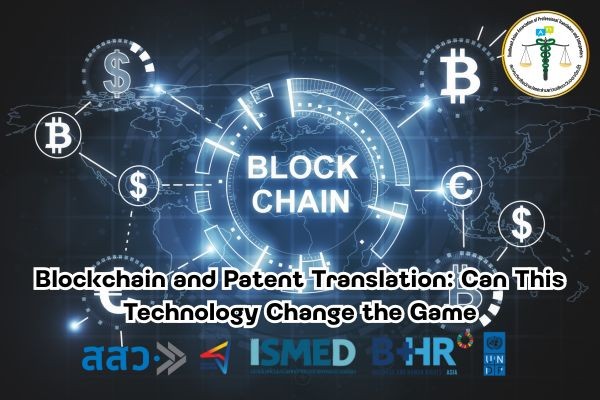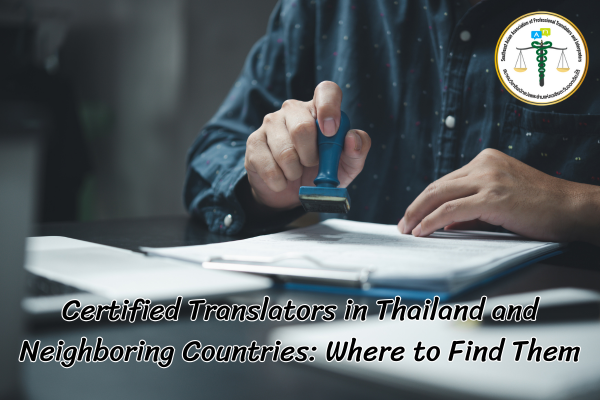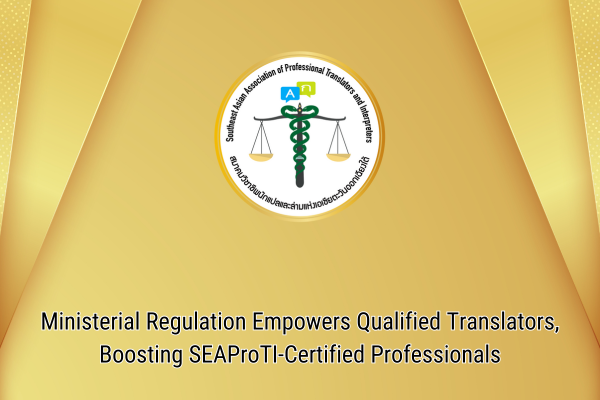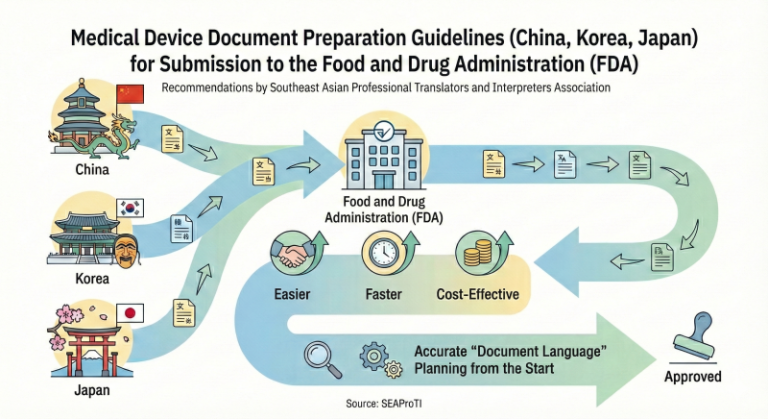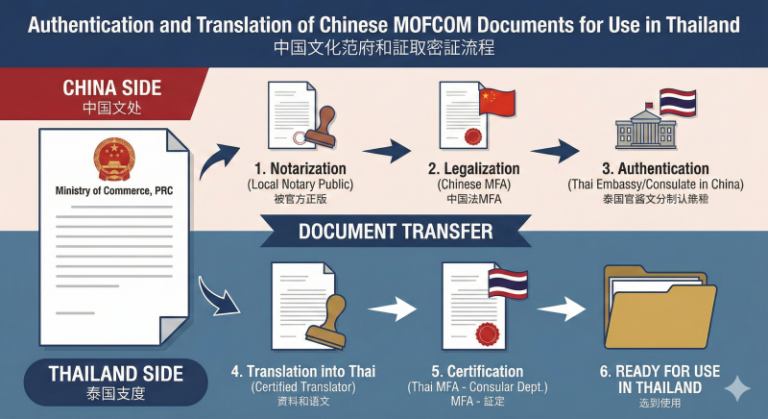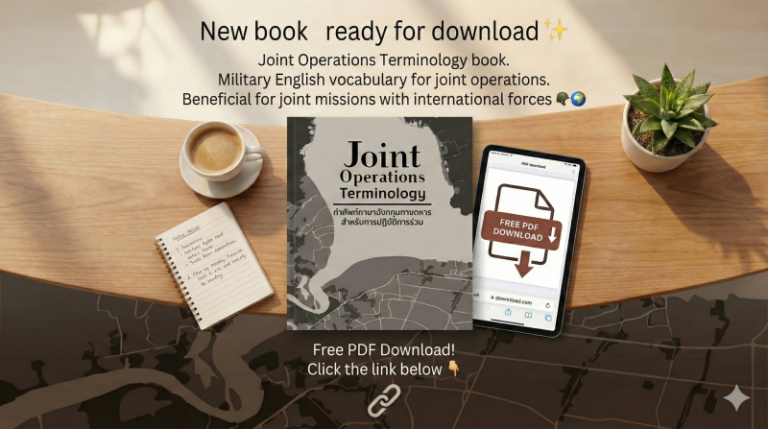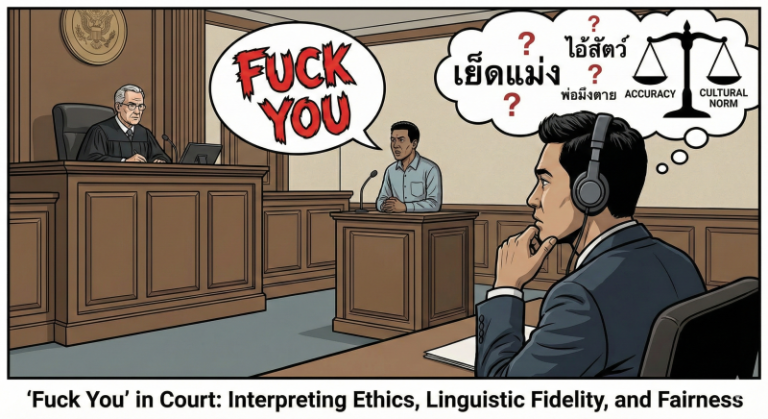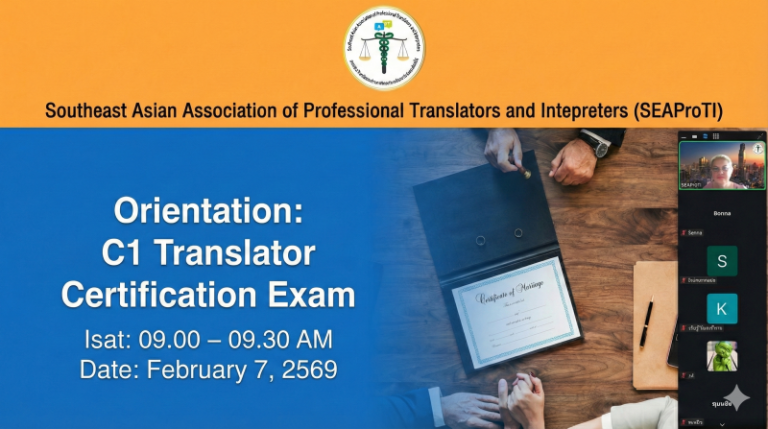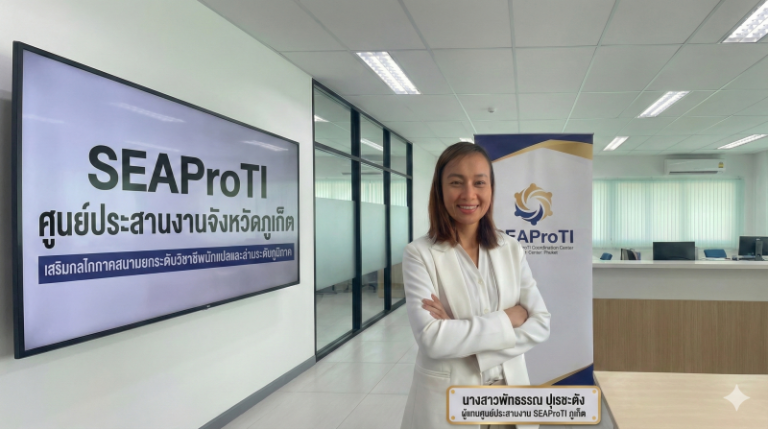Blockchain and Patent Translation: Can This Technology Change the Game?
6 June 2025, Bangkok – Patent translation is a highly specialized task that requires both legal and scientific knowledge. That’s why the cost is often high, around $0.25 per word on average, because the translator must understand complex technical terminology and legal processes.
But with the rise of blockchain technology, people are beginning to ask:
- “Can decentralized platforms make translation cheaper and change the way we hire translators forever?”
What Does Blockchain Have to Do with Translation?
Blockchain-based translation platforms work like an open online marketplace. Translators around the world can accept jobs directly from clients. Smart contracts handle payments automatically—once the translator submits the work, the system releases the funds. Every step is recorded in the blockchain ledger and can’t be altered.
For example, a platform like Linguo lets clients set a minimum and maximum price for a job. Translators can browse available jobs and accept the ones they want, without going through a translation agency.
Benefits of Decentralized Translation Platforms
- Lower Prices – No middlemen or agency fees; translators get paid directly.
- Faster Payments – As soon as the job is delivered, the system pays instantly.
- Transparency – Every transaction and workflow is recorded on the blockchain.
- Flexible Pricing – Prices adjust dynamically based on demand.
- Global Reach – Translators from around the world can work 24/7.
What Are the Downsides?
While the idea sounds great in terms of speed and cost, patent translation is a high-stakes job. A single mistake can lead to loss of patent rights. Some of the concerns include:
- Lack of Quality Control – Many platforms don’t offer thorough review or verification.
- Not Suitable for Legal Use – Patent translations often need to be certified or notarized, which decentralized platforms can’t provide.
- Confidentiality Risks – Patent documents are often sensitive and unreleased; some platforms may lack proper encryption.
- System Limitations – If the blockchain is slow or transaction fees spike, it may affect turnaround time.
- Crypto Volatility – Payments in cryptocurrency may fluctuate due to exchange rate risks.
So Where Do SEAProTI-Certified Translators Fit In?
The Southeast Asian Association of Professional Translators and Interpreters (SEAProTI) certifies translators through rigorous exams and specialized training in fields like law, patents, and medicine. This is very different from open platforms, where anyone can pick up a job.
SEAProTI-certified translators don’t just “translate to be understood.” They ensure legal accuracy and official reliability, especially for documents submitted to patent offices or used in legal processes.
What’s the Future Outlook?
In the next 3–5 years, blockchain may support rather than replace human experts. For example, it could be used to log translator credentials, secure job histories, or automate payments—but not to fully manage complex, high-risk translation work.
Final Thoughts
Blockchain technology may help cut costs and speed up workflows, but quality and legal accuracy are still irreplaceable, especially in patent translation, where every word counts.
If you’re looking for reliable, legally sound, and submission-ready patent translations, SEAProTI-certified translators are still your most trustworthy option in this digital age.
SEAProTI’s certified translators, translation certification providers, and certified interpreters:
The Southeast Asian Association of Professional Translators and Interpreters (SEAProTI) has officially announced the criteria and qualifications for individuals to register as “Certified Translators,” “Translation Certification Providers,” and “Certified Interpreters” under the association’s regulations. These guidelines are detailed in Sections 9 and 10 of the Royal Thai Government Gazette, issued by the Secretariat of the Cabinet under the Office of the Prime Minister of the Kingdom of Thailand, dated July 25, 2024, Volume 141, Part 66 Ng, Page 100.
To read the full publication, visit: the Royal Thai Government Gazette
บล็อกเชนกับการแปลสิทธิบัตร: เทคโนโลยีใหม่จะเปลี่ยนเกมการแปลหรือไม่
6 มิถุนายน 2568, กรุงเทพมหานคร – การแปลสิทธิบัตรเป็นงานเฉพาะทางที่ต้องอาศัยความรู้ด้านกฎหมายและวิทยาศาสตร์ โดยทั่วไปค่าจ้างแปลสิทธิบัตรจะสูงมาก เฉลี่ยประมาณคำละ 0.25 ดอลลาร์ เพราะต้องใช้ผู้เชี่ยวชาญที่แม่นยำในศัพท์เฉพาะและกระบวนการทางกฎหมาย
แต่เมื่อเทคโนโลยี “บล็อกเชน” (Blockchain) เริ่มเข้ามาในวงการแปลภาษา ก็มีคำถามเกิดขึ้นว่า…
“แพลตฟอร์มกระจายศูนย์จะทำให้ราคาการแปลถูกลง และเปลี่ยนรูปแบบการจ้างแปลไปตลอดกาลหรือไม่”
บล็อกเชนเกี่ยวอะไรกับการแปล
แพลตฟอร์มแปลภาษาที่ใช้เทคโนโลยีบล็อกเชนทำงานคล้ายตลาดออนไลน์แบบเปิด นักแปลจากทั่วโลกสามารถเข้ามารับงานแปลได้ โดยมีระบบ “สัญญาอัจฉริยะ” (Smart Contract) ที่จะโอนเงินให้อัตโนมัติทันทีเมื่อส่งงานเสร็จ และทุกขั้นตอนของการทำงานจะถูกบันทึกไว้ในระบบอย่างโปร่งใส
เช่น แพลตฟอร์มชื่อ Linguo เปิดให้ผู้ว่าจ้างตั้งราคาขั้นต่ำ–สูงสุดไว้ และนักแปลสามารถรับงานได้โดยไม่ต้องผ่านตัวแทนหรือบริษัทแปล
ข้อดีของระบบแปลแบบกระจายศูนย์
- ราคาถูกลง: ไม่มีค่าธรรมเนียมหรือค่านายหน้า นักแปลรับเงินโดยตรง
- จ่ายเงินไว: ส่งงานเสร็จ ระบบโอนเงินให้ทันที
- ตรวจสอบได้: ทุกขั้นตอนมีบันทึกไว้ในระบบบล็อกเชน ตรวจย้อนหลังได้
- ยืดหยุ่น: ราคาขึ้นลงตามความต้องการของตลาด
- เข้าถึงทั่วโลก: นักแปลจากหลายประเทศเข้ามารับงานได้ตลอด 24 ชั่วโมง
แล้วมีข้อเสียไหม
แม้จะดูดีในแง่ของความเร็วและต้นทุน แต่การแปลสิทธิบัตรมีความซับซ้อนและเสี่ยงสูง หากแปลผิดอาจทำให้เสียสิทธิบัตรทั้งฉบับได้เลย ข้อกังวลที่หลายฝ่ายยังห่วงคือ:
- ขาดการควบคุมคุณภาพ: ไม่มีทีมตรวจงาน ไม่มีผู้รับรองงานแปลอย่างเป็นทางการ
- ไม่เหมาะกับเอกสารสำคัญ: เอกสารสิทธิบัตรมักต้องใช้ในการยื่นทางกฎหมาย จึงต้องแปลโดยผู้เชี่ยวชาญที่ผ่านการรับรอง
- ความลับรั่วไหล: บางแพลตฟอร์มอาจไม่ได้ปกป้องข้อมูลอย่างเพียงพอ
- ความเสถียรของระบบ: หากระบบช้าหรือค่าธรรมเนียมบล็อกเชนขึ้นสูง ก็อาจกระทบต่อความเร็วในการทำงาน
- ความผันผวนของค่าเงินดิจิทัล: ถ้าจ่ายด้วยคริปโต อาจมีความเสี่ยงเรื่องอัตราแลกเปลี่ยน
แล้วนักแปลรับรองของ SEAProTI อยู่ตรงไหนในภาพนี้
สมาคมวิชาชีพนักแปลและล่ามแห่งเอเชียตะวันออกเฉียงใต้ (SEAProTI) มีระบบรับรองนักแปลที่ผ่านการสอบและอบรมเฉพาะทาง เช่น ด้านกฎหมาย สิทธิบัตร การแพทย์ ฯลฯ ซึ่งแตกต่างจากแพลตฟอร์มเปิดที่ใครก็เข้ามารับงานได้
นักแปลรับรองของ SEAProTI ไม่เพียงแค่แปลให้เข้าใจ แต่ยังรับประกันความถูกต้องและความน่าเชื่อถือของเอกสาร โดยเฉพาะเอกสารที่ใช้ในกระบวนการทางกฎหมายหรือการจดสิทธิบัตรระดับนานาชาติ
อนาคตจะเป็นอย่างไร
ในระยะ 3–5 ปีข้างหน้า เทคโนโลยีบล็อกเชนอาจเข้ามา “เสริม” การทำงานของนักแปลรับรอง เช่น ใช้ตรวจสอบประวัติการทำงาน การบันทึกหลักฐานการแปล หรือการชำระเงินอัตโนมัติ แต่อย่างไรก็ดี งานที่ต้องอาศัยความแม่นยำระดับสูงและมีผลทางกฎหมาย ก็ยังคงต้องอาศัยผู้เชี่ยวชาญที่ได้รับการรับรอง
สรุป
บล็อกเชนอาจช่วยลดต้นทุนและเพิ่มความเร็วได้ในบางกรณี แต่ “คุณภาพ” และ “ความถูกต้องทางกฎหมาย” ยังเป็นเรื่องที่เทคโนโลยีแทนไม่ได้ โดยเฉพาะในงานแปลสิทธิบัตรที่ต้องการความละเอียดสูง
หากคุณกำลังมองหานักแปลสิทธิบัตรที่ไว้ใจได้ ถูกต้องตามหลักกฎหมาย และสามารถยื่นใช้งานได้จริง นักแปลรับรองของ SEAProTI คือตัวเลือกที่มั่นใจได้ที่สุดในโลกยุคดิจิทัลนี้
เกี่ยวกับนักแปลรับรอง ผู้รับรองการแปล และล่ามรับรองของสมาคมวิชาชีพนักแปลและล่ามแห่งเอเชียตะวันออกเฉียงใต้
สมาคมวิชาชีพนักแปลและล่ามแห่งเอเชียตะวันออกเฉียงใต้ (SEAProTI) ได้ประกาศหลักเกณฑ์และคุณสมบัติผู้ที่ขึ้นทะเบียนเป็น “นักแปลรับรอง (Certified Translators) และผู้รับรองการแปล (Translation Certification Providers) และล่ามรับรอง (Certified Interpreters)” ของสมาคม หมวดที่ 9 และหมวดที่ 10 ในราชกิจจานุเบกษา ของสำนักเลขาธิการคณะรัฐมนตรี ในสำนักนายกรัฐมนตรี แห่งราชอาณาจักรไทย ลงวันที่ 25 ก.ค. 2567 เล่มที่ 141 ตอนที่ 66 ง หน้า 100 อ่านฉบับเต็มได้ที่: นักแปลรับรอง ผู้รับรองการแปล และล่ามรับรอง


